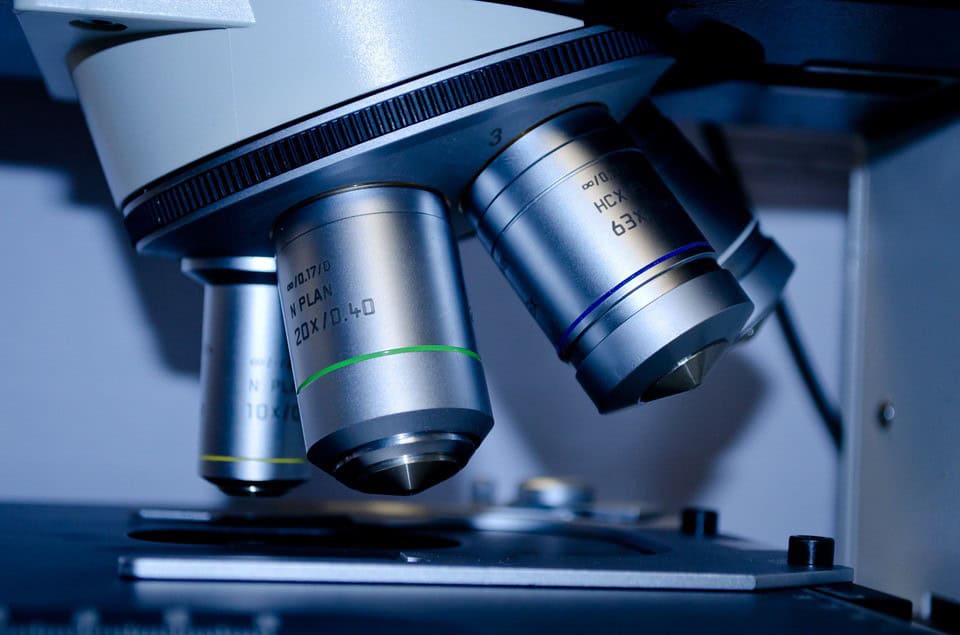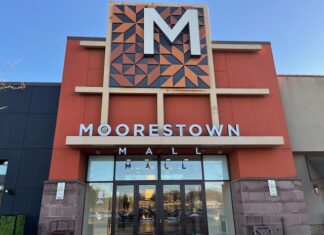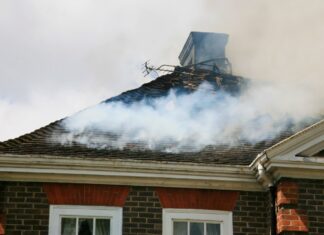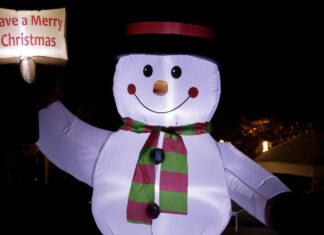
This STEM exploration is for all ages and is free and open to the public as part of the Philadelphia Science Festival.

Step inside a space station with the help of virtual reality technology at Rowan College at Burlington County’s Science Slam on April 23 from noon to 4 p.m. This event is free and open to the public as part of the Philadelphia Science Festival.
“This is a great event for future scientists and anyone who appreciates the importance of science and technology on our daily lives,” said Rowan College at Burlington County President Paul Drayton. “As a part of the Philadelphia Science Festival, the Mt. Laurel campus will be offering STEM exploration for all ages!”
The college is hosting hands-on science, technology, engineering, mathematics (STEM) and health-related activities at its Mt. Laurel Campus.
Participants will investigate a crime scene for evidence, learn about blood typing, gain a deeper understanding of their eating habits, use mathematics and data to discover the evolution of measurements, and enjoy drone flying, robot fighting and car (toy) racing.
“There is truly something for everyone as our faculty members and community partners present science and technology in a fun, engaging way that we hope will inspire a new generation of scientists,” said Edem Tetteh, dean of the college’s Science, Technology, Engineering and Mathematics Division. “We are bringing some of the best scientists in our community including students, faculty and professionals to celebrate STEM with the community.”
Activities are designed to stimulate interest in STEM and inspire the next generation of scientists, engineers and health professionals. The Science Slam is part of the Philadelphia Science Festival, a week-long celebration of science that takes place in April. The event features hands- on activities, informal science experiences, debates, and lectures. The festival aims to provide science education experiences for all ages to build a community around STEM.
On Friday, April 28 from 7:30 to 10 p.m., the public is also invited to join on the Mt. Laurel Campus for an “Evening with Galileo- A Starry Night at RCBC.”
In 1609 Galileo used a telescope for the first time to view the heavens. He saw four of the moons of Jupiter, as well as sunspots and the details of the lunar surface. Have questions answered, try hand at painting the moon by candlelight and learn how Galileo’s observations led to a revolution in scientific thought.
For question, contact the RCBC Science, Technology, Engineering and Mathematics (STEM) Division at (856) 222–9311 ext. 1372.









